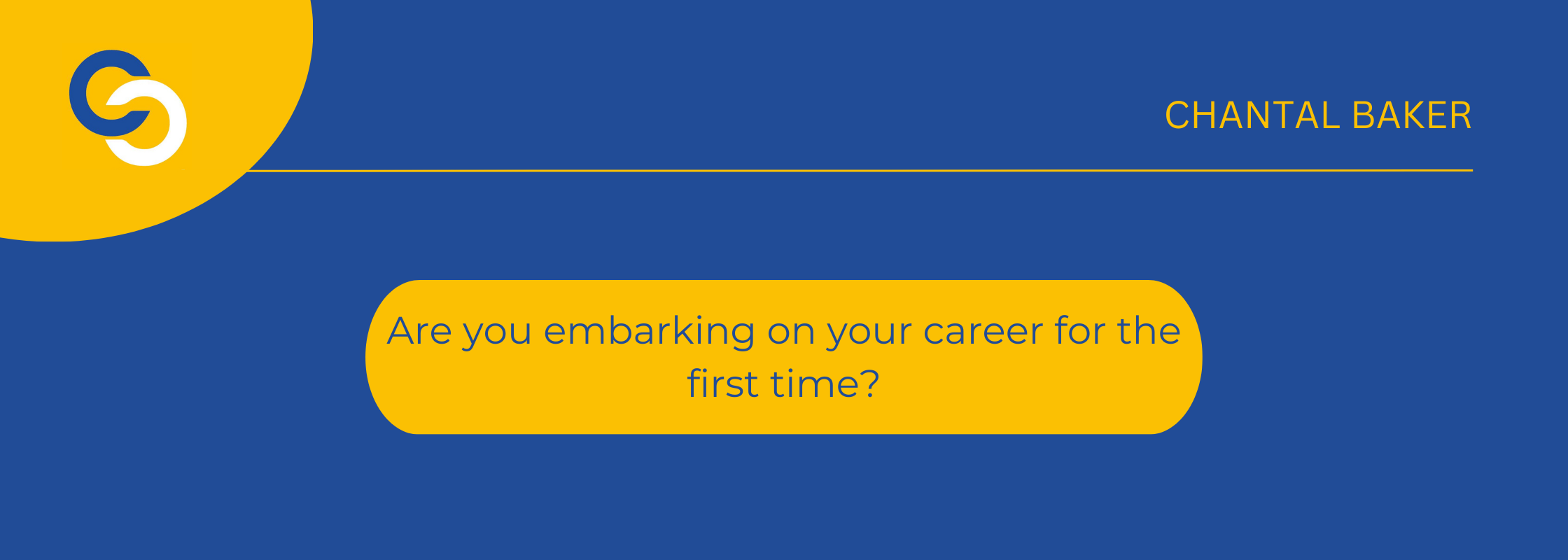
Many of us may have had Saturday jobs, summer jobs or internships but once we start off on our career our salary becomes a more regular amount in our bank account and our independence starts to grow.
Having had one of my sons start his career recently I had to explain to him how to understand his payslip and to get his tax code correct. I wanted to write this article to help others to make sure their tax codes are correct, to ensure they are receiving their correct net pay and to understand their payslip.
Tax code
As an individual you are entitled to £12,570 of tax-free income in a year and this is shown as a tax code of 1257. You should have this as your tax code or higher if you are claiming any expenses, (e.g., uniform allowance).
The amount may be reduced if you receive any benefits (e.g., medical insurance, gym membership).
If your tax code is not correct, you can have this corrected by logging onto your personal tax account and updating the details of your employer’s name, their PAYE reference and confirmation if this is your only job.
If you have more than one job, your personal allowance is split between jobs, however, you can select which job to allocate most of your personal allowance to.
NIC
As well as paying income tax, you will start to pay Class 1 National Insurance Contributions and this is approximately 12% (this starts after you earn more than £12,570 per employer).
This is a compulsory payment.
Pension – workplace pension
Once you are an employee and become an eligible employee (usually aged 22 and earning more than £10,000), your employer must enrol you onto a workplace pension. This becomes a decision for you as to whether you wish to pay into a workplace pension or not.
The standard contribution is 5% of your salary and your employer usually adds an additional 3%.
The government introduced the workplace pension to ensure that employees had some sort of pension once they retired.
Gross salary
If you receive hourly pay, commission or shift pay, always check your gross pay on your payslip to ensure your employer has included all amounts payable to you.
You may find that your employment has a cut-off date for such payments and be aware of what this date is so that you are able to confirm that your gross pay is correct.
It is very unlikely that the cut-off date is the same as your payment date.
Tax bands
Be aware of the different tax bands and remember that once your total income (including any benefits provided to you) reaches £50,270, any additional amounts will then be liable to tax at 40%. Everything between your tax-free personal allowance and this amount is taxed at 20%.
Please always seek professional advice before taking any action. We are happy to answer questions in future issues. Please send your questions through the contact us page on our website: www.champconsultants.co.uk
You can also find me on TikTok as ‘business_finance_mentor’
Please do follow us on the various social media channels.
